A judge has reduced the scope of a class action lawsuit concerning Apple's 15-inch MacBook Pro display issues, but denies the company's move to dismiss the case.
Apple's 2016 15-inch and 13-inch MacBook Pro design featured a thin flex cable linking the display. Opening and closing the MacBook Pro put stress on the cable and some users found it tore, leading to what was called a "stage light" effect with the backlighting being damaged. While Apple changed its design to remove the issue, and also launched a repair program, it was still hit by a class action suit filed in May 2020.
Now, according to Law360, a California judge has ruled that the case filed by Los Angeles resident Mahan Taleshpour may continue. However, US District Judge Edward Davila has trimmed the case's claims regarding putative class deceptive trade practice, and fraudulent concealment.
He agreed, however, with the complainants' argument that Apple was aware of the fault.
"The court finds that the allegations of pre-release testing in combination with the allegations of substantial customer complaints are sufficient to show that Apple had exclusive knowledge of the alleged defect," wrote the judge.
Taleshpour has argued that Apple actively concealed the fault by removing complaints posted on its support forums. Apple argued that this was no indication of awareness, to which Judge Davila responded that this "misses the point."
"If Apple deleted comments on its website from consumers complaining about display issues attributable to the alleged defect," continued Judge Davila, "that suggests that Apple had knowledge of the alleged defect, superior to that of plaintiffs or potential class members."
Stay on top of all Apple news right from your HomePod. Say, "Hey, Siri, play AppleInsider," and you'll get latest AppleInsider Podcast. Or ask your HomePod mini for "AppleInsider Daily" instead and you'll hear a fast update direct from our news team. And, if you're interested in Apple-centric home automation, say "Hey, Siri, play HomeKit Insider," and you'll be listening to our newest specialized podcast in moments.
 William Gallagher
William Gallagher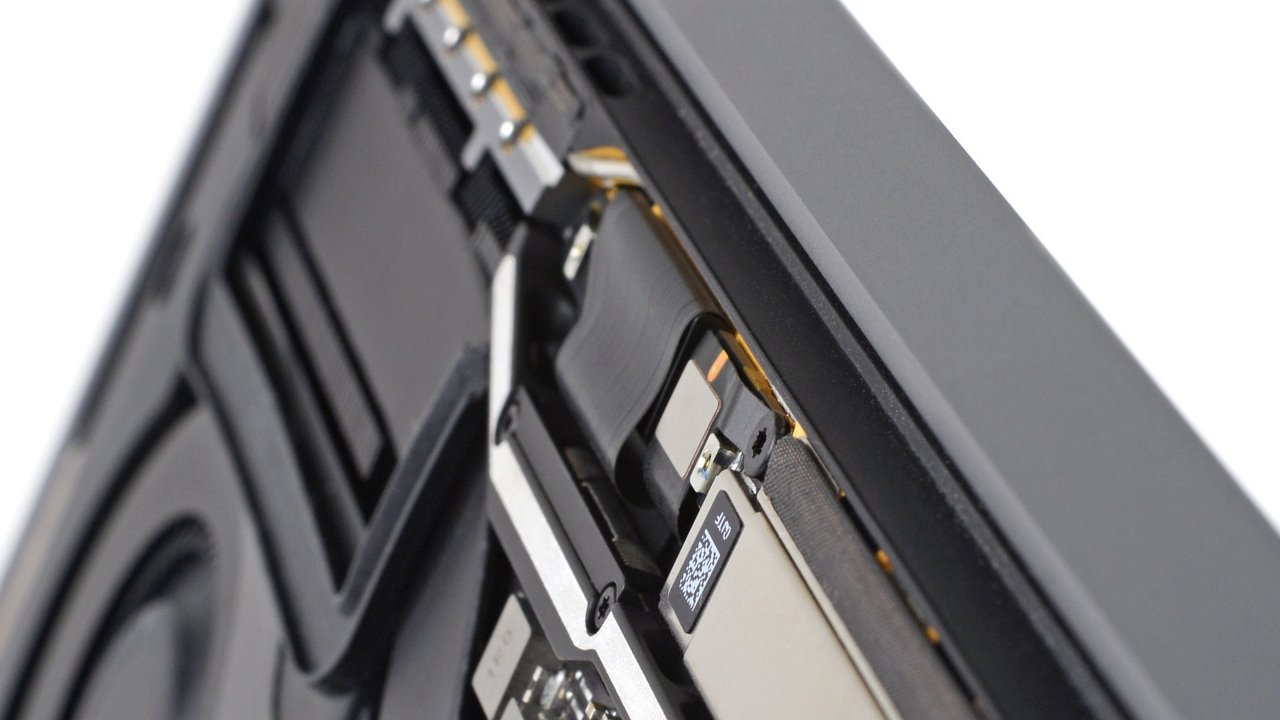

-m.jpg)






 Andrew Orr
Andrew Orr
 Malcolm Owen
Malcolm Owen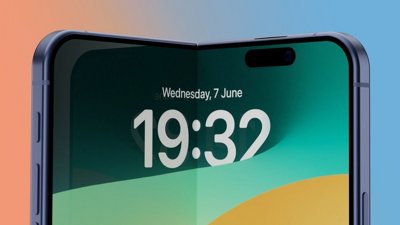
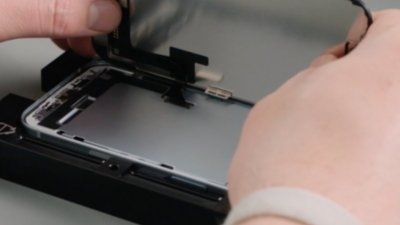

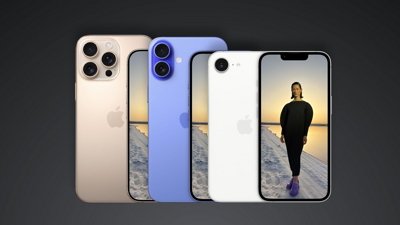

 William Gallagher and Mike Wuerthele
William Gallagher and Mike Wuerthele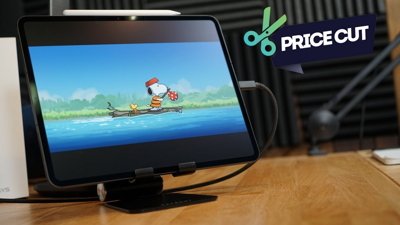
 Christine McKee
Christine McKee


-m.jpg)






4 Comments
Great! The practice of removing customers complaints must stop, so I hope the court sets an example.
This isn’t the only time Apple did this:
When switching to “environmentally friendly” plastic on their cables, which are now known to degrade where the plastic gets in contact with sweat and finger grease (first discoloration, then it gets gooey, and then it simply peels off), Apple uses a similar tactic:
You try to have the cable exchanged under warranty, when it’s in the discolored or gooey state, they refuse because “it’s only cosmetic”. After it’s peeled off, frayed, or eventually, they claim it’s the result of misuse. If then you argue it’s an issue with the product, they claim it’s not known and warranty claim statistics show nothing unusual.
Of course, how could the statistics show a pattern given that attempts at getting a warranty exchange are denied?
Apple denies there’s a problem with the insulation material, and thus denies warranty exchanges, ans then uses the lack of warranty exchanges to argue there’s no issue with the insulation. It’s circular reasoning at it’s best.
But it’s provable that it’s a product issue. I have old Apple cables that still used PVC or something, and they are fine; and I have new cables, used just a few times, that degrade just not being used at all. So this is clearly a materials issue, not a use issue, unless Apple wants to make the case users should wear gloves while handling their cables, or wipe off any finger residue after every touch of the cables.
Frankly, that’s where Apple really should have been hit with a class action suit a long time ago.
It’s another one of Apple’s “green” policies that isn’t green: while the material may be “green”, going through multiple cables in the time a single “non-green” cable would have lasted, is certainly the bigger waste of resources, and less green.
Hey Apple 🍎 Are you taking notes?? Hope so. This is bad management. Apple has done this with software and hardware for profit. Companies that do this usually are small startups that fail.
The main problem is that the cable is too short by a few millimeters. By the way, this same problem exists in the 2017 13" MBP. I love Apple but this is shameful.